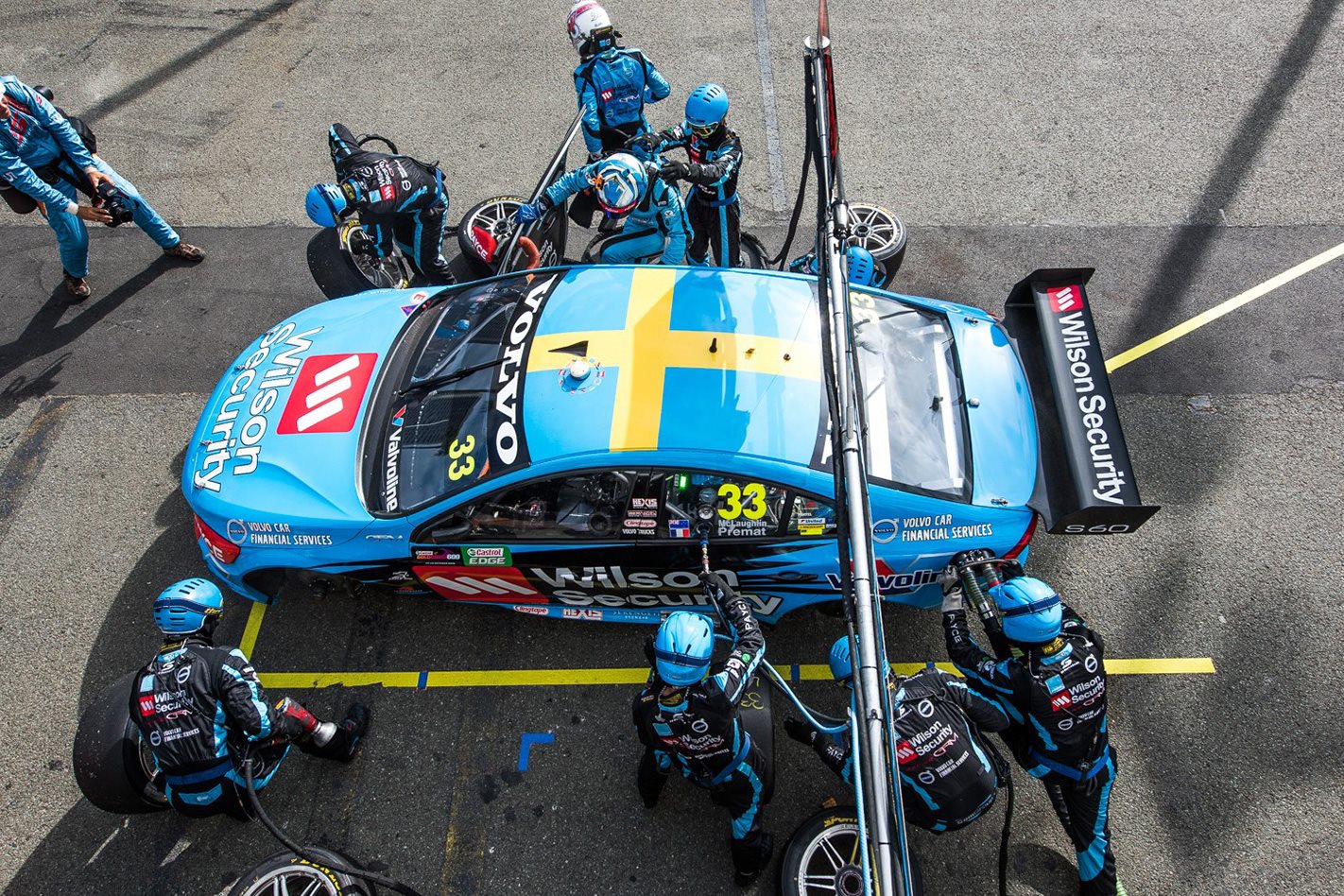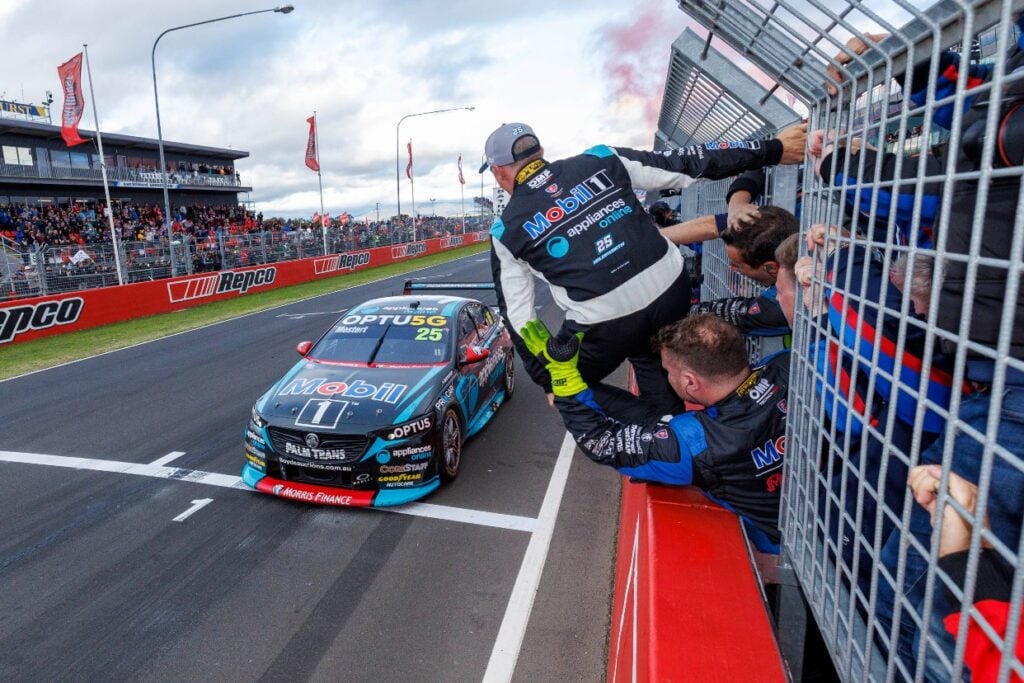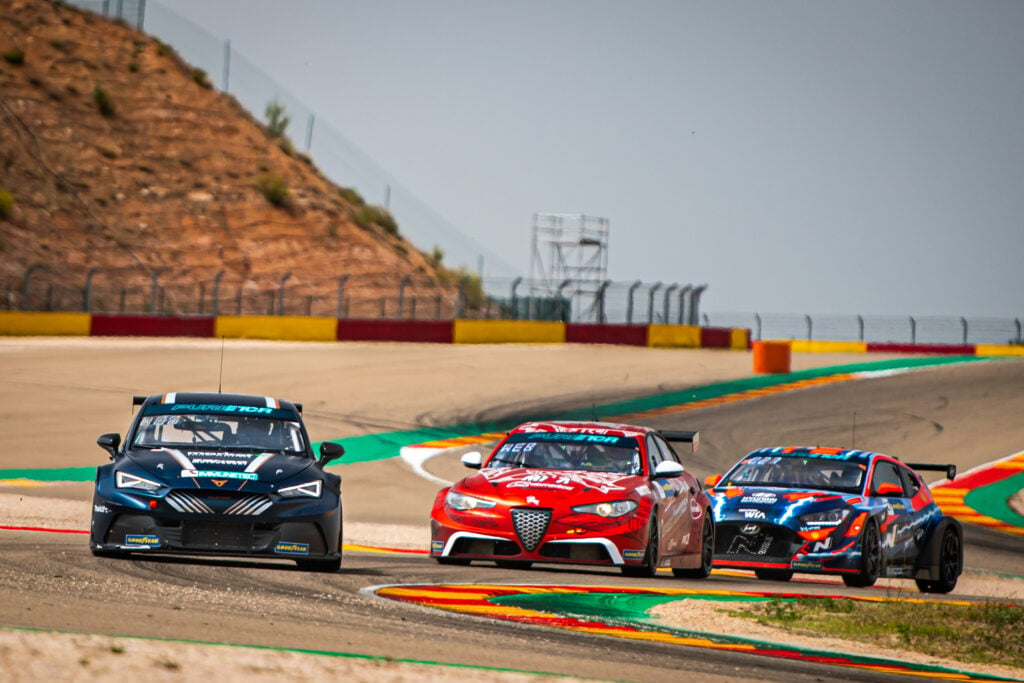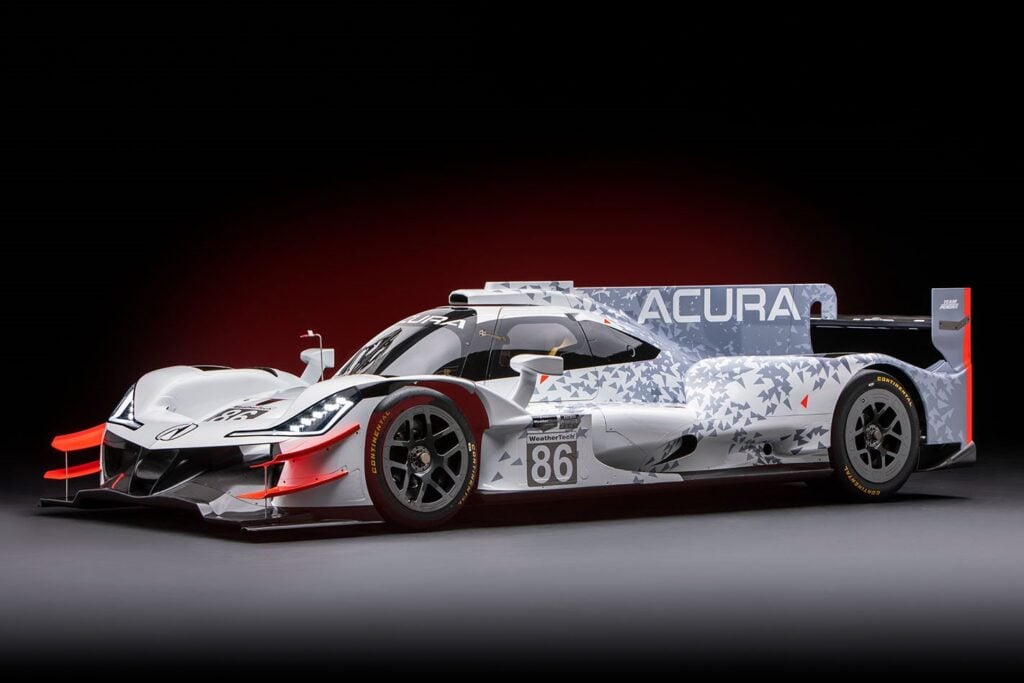V8 SUPERCARS racing is again under the spotlight this week following news that Volvo has severed its high-profile factory-backed program, effective from the end of the current season.
The decision was made by Volvo’s Polestar high-performance arm, with the local operation powerless to influence the outcome. The Swedish brand is going in a different direction with fuel-thrifty four-cylinder turbo engines; its V8s were mothballed years ago.
Volvo’s imminent departure comes on the heels of the official exit of Ford from the series (although Falcons are still run by Prodrive Australia and DJR-Team Penske).
Garry Rogers Motorsport, which ran the Volvos, has indicated it will continue to race its S60s without factory support. However, technical partner Cyan is demanding the return of all its Volvo-supplied hardware – including the engines – at the end of this season.
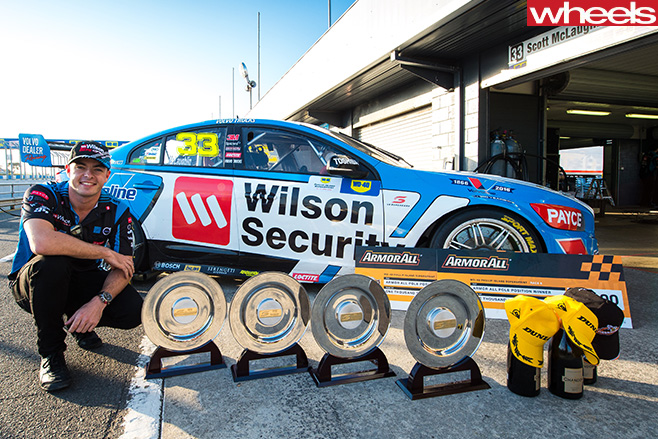
V8 Supercars Australia will be dreading another departure, which would leave just Holden with manufacturer backing. Just two years ago there were five brands involved – Holden, Ford, Nissan, Volvo and Mercedes-AMG.
So even with its imminent Gen II Car of the Future providing choices of engines beyond the traditional 5.0-litre V8, could it be that Supercars (with the V8 dropped from the name) is flogging a product that today’s carmakers simply don’t want to buy?
Mazda has consistently rejected overtures from V8 Supercars over many years, its heroic sales success coming with only sporadic involvement in motorsport, specifically the Bathurst 12 Hour.
Mazda Australia’s Karla Leach told Wheels that, while Supercars is very popular here, it is not compatible with the company’s global motorsport strategy.
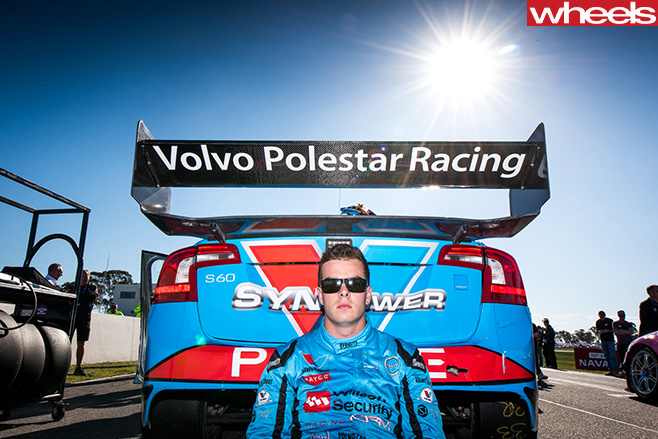
The Mercedes-AMG badge came in only as a non-factory privateer squad (Erebus) and departed last year. Mercedes-Benz Australia was never a supporter and maintained that V8 Supercars was not a good fit for its customer demographic.
BMW Australia spokesperson Lenore Fletcher wasn’t tempted to comment on Supercars directly, but said that BMW’s choice to compete in the Australian GT Championship was supported by a number of good reasons, specifically that its M6 GT3 was the ideal product, and that the local series was in line with the marque’s global motorsport direction.
“The demographics of the participants and audience of the Australian GT Championship align with our customer base,” Fletcher added. “Besides, Australians and the entire BMW Australia family love their motorsport, and the Australian GT Championship offers the perfect opportunity to participate in a performance-based competition.”
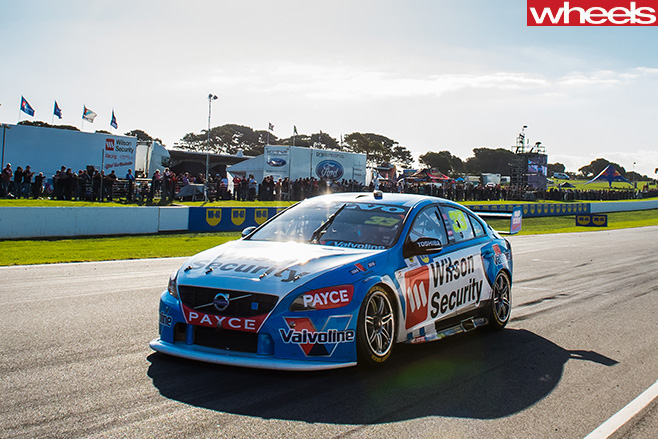
“It’s as obvious to anyone with half a brain that V8 Supercars racing has zero positive effect on sales,” he suggested. “Some will argue that competing [in motorsport] is about enhancing ‘brand image’ … I’d rather a positive sales impact from the racing.”
He went on…
“It’s the formula that’s the problem. Those engines are no longer in production, or are sourced from trucks or are faux Nascar engines then wrapped in silhouettes that have no relevance to the market.”
He was also more enthusiastic about GT3 sports car racing. “GT3 racing is where the future is. Think about it – GT3 race cars can be purchased from the manufacturer, are based on road cars, have genuine OEM support and the fan base is just as tribal as V8 Supercars’. The difference is they actually buy the OEM product!”
Subaru Australia managing director Nick Senior – once a supporter of local motorsport – is now scathing of the state of the sport, not just V8 Supercars, for not moving with the times.
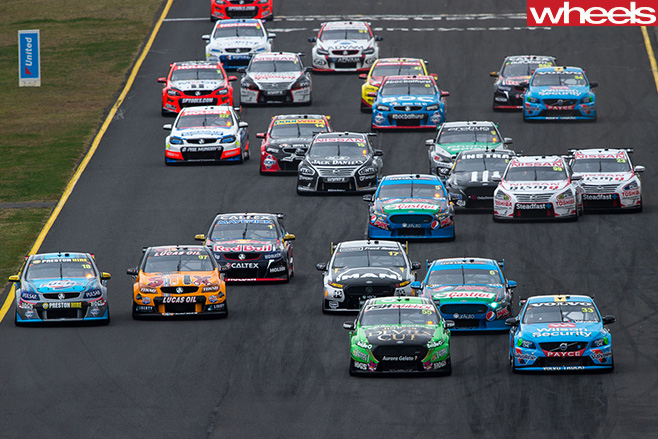
“I went to my first rally event in 12 years a few weekends ago and thought I had lobbed at a classic rally by mistake. The winning car was 17 years old and 250kg lighter than our current showroom-stock vehicle. There were six WRX STIs in the first 20 cars that were all in different classes!
“And there’s no meaningful cap on spending anywhere in Australian motorsport, and that is so 1990s. If CAMS wants manufacturers to compete I would suggest a national forum be held to help progress a motorsport blueprint for the future.”
The sobering Volvo news comes in the wake of a more positive announcement that Virgin Australia will become the naming rights partner of the renamed Virgin Australia Supercars Championship from July 1. The deal runs for five years.
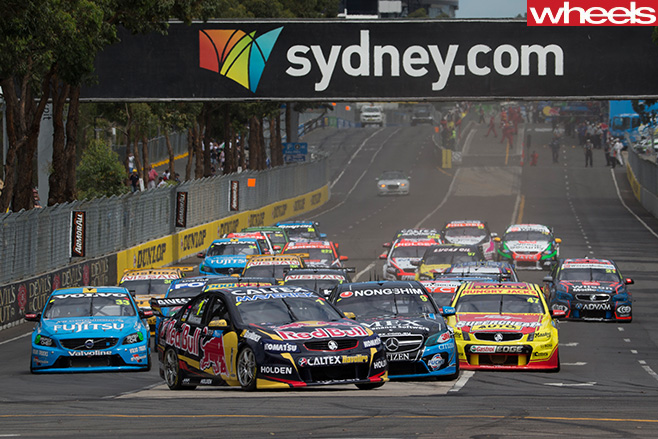
”Gen II has delivered engine optionality to manufacturers – it opens the conversation with manufacturers to use something other than V8s, at a time that suits them,” Warburton said.
He is pragmatic about brands that head to the exit: “They’re all up for renewal at the end of this year. It’s what happens in our business. There could be one brand [involved officially] next year. Or four. Or none. But there will be a healthy grid of Supercars.
“We are comfortable with Gen II. We have been able to get costs under control, and it’s a very attractive racing product.
“But of course we need to make ourselves a more appealing option to manufacturers. The sustainability of our teams is strong but we still need to make them more attractive to manufacturers.”
As for those massive changes across the Australian automotive industry landscape, Supercars is feeling some of the uncertainty.

